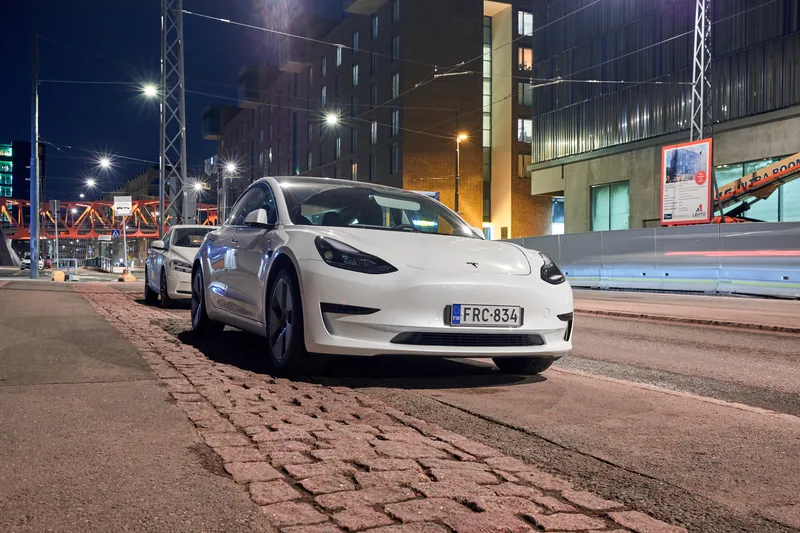
Osprey Charging is to invest £75 million in the deployment of more than 150 electric vehicle (EV) charging hubs across the UK by 2025.
Osprey CEO Ian Johnston says: “Through this rollout we will make charging anxiety a thing of the past. High-powered, multi-charger hubs will herald a new era of public EV charging – enabling mass EV adoption and a clean transport revolution.
“Our rollout of hubs across the country’s major transport routes will ensure drivers are supported with convenient, reliable, on-the-go charging, delivering the best possible consumer experience for UK motorists.”
A total of 1,500 150-175KW rapid chargers will be installed across ten sites located on strategic A-roads and adjacent to motorways, to encourage motorists to switch to EVs ahead of the 2030 ban on new petrol and diesel cars.
Osprey says the hubs will utilise a technology called Kempower, which enables more locations to host multiple high-powered chargers on a single site.
Kempower chargers work together to optimise charging across multiple vehicles when more than one EV is plugged in at the same charging hub. They allow power to be distributed based on demand, which varies between individual vehicles due to the maximum charging rate of each model and its battery percentage at the point of charge.
According to Osprey, this power management can reduce waiting times for charging significantly, maximising the speed and availability of chargers for drivers and increasing consumer footfall for the landowners hosting the hubs.
The technology helps optimise grid connections, allowing multiple high-power chargers to be installed per site and offering higher charging speeds without the need for more grid power.
The company insists the physical footprint of each charger is also reduced by 74%, allowing space for more chargers, improved accessibility and reducing their visual impact to support planning permission.
The Kempower technology will complement Tritium charge hardware also being deployed on new sites by Osprey.
Each charger is expected to add 100 miles of range in as little as 10 minutes. They will be located near food and drink amenities, allowing drivers to make use of the facilities while they charge their car.
All Osprey chargers are compatible with every rapid charging EV. Drivers can initiate charging by tapping their contactless bank card of smartphone.
Osprey's first hub will open next month in Wolverhampton, adjacent to the A463 near the M6. Before the end of the year, construction will commence on all of the first 10 hubs, at locations that include Banbury (M40), Birmingham (M6) and Crewe (A534).










